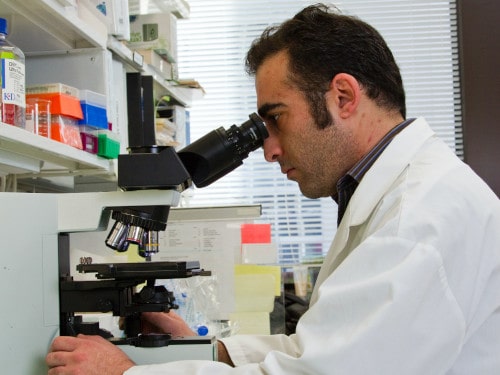





Extra Medicare benefits are now available to eligible patients who have registered with the Australian Government’s MyMedicare eg longer telehealth appts, care plans and mental health plans. WE offer 7 day access (Telehealth on Sundays) and you can still see your local practice if you need to when registered with us. To register or learn more about how MyMedicare can benefit you, click here or ask on arrival
There are multiple ways you can register with your chosen practice in MyMedicare:
MyMedicare registration will not prevent you from accessing care from other practices and healthcare providers. MyMedicare does not tie you to a particular healthcare provider. You can change your preferred GP within your registered practice at any time.